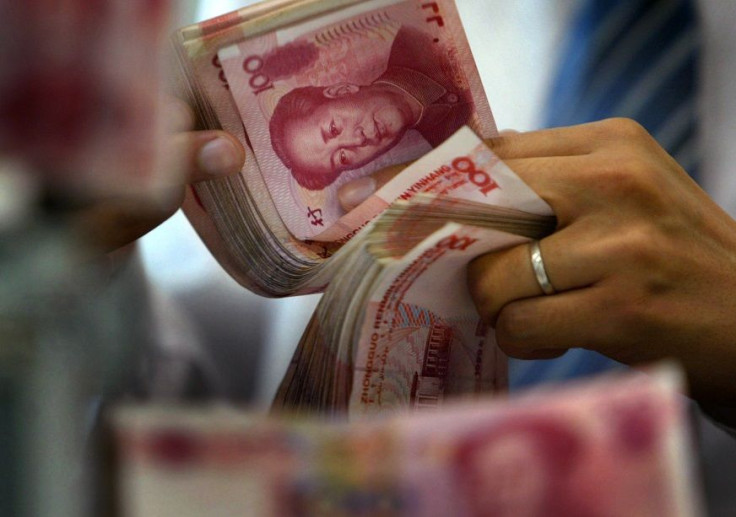Weak Chinese economic data continue to stifle base metals prices

Base metals has plunged to multi-year lows after anxiety on extended demand dearth from giant consumer China increases on weak economic data coming from the country. However, many investors on the London bourse seemed no longer surprised by the segment’s performance, as it has always been the case since the beginning of this year.
On last trading, aluminium prices fell by 17 percent to US$1,522, the metal’s lowest level since June 2009. Zinc dropped to a dismal US$1,776 a tonne, its lowest since August 2012, while nickel fell to a weak US$10,330 a tonne, its lowest price in six years. Copper also declined by 16 percent from its last prices. [US$1 = AU$1.36]
The segment is now facing a harder challenge as it is the first time that the economy of the largest consumer slumped in an unexpected fashion.
“This is the most significant downward adjustment to the yuan since 1994 and indicates that Chinese authorities are concerned about an economic slowdown in the world’s largest consumer of base metals. This step is also in line with one of the Chinese government's main objectives of making the yuan a reserve currency,” Naveen Mathur, associate director at Angel Commodities Broking, told Business Standard.
Add to this is the surging U.S. dollar value, which makes it hard for non-dollar buyers to purchase metals as these are priced in the American currency. The continuous economic and political crises in the European region have also impaled the steel and metals commerce in the area, intensifying traders’ anxiety over partnering with European steelmakers and metal producers.
The only winners here are the mining firms that remain attractive to investors for their would-be contribution in the much-awaited global supply dearth.
In 2014, analysts and economists said that the continuity of the Indonesian ore ban would soon create a supply scarcity that would make base metals’ prices higher than their current price at the time. However, no one saw the Eurozone-Greek crisis and Chinese market rout coming, and no one ever believed that these are powerful enough to put metals on protracted bear market rallies.
For many investors, companies like Amur Minerals (London AIM: AMC) could save the metals market should the said deficit come. The company, which is capable of producing a staggering 90 million tonnes of nickel ore, could help alleviate the problems in the segment. But that would only happen if the demand segment would be restored to its normal rate, or in other words, if China goes back to its old, voracious consumption habit.
But many are still doubtful of a quick recovery from China.
“China claims it's just doing what the International Monetary Fund asked in moving to a more market-determined exchange rate. But markets have taken so badly to China's three percent devaluation because no one really believes President Xi Jinping's government when it says bigger drops aren't coming,” economic and political columnist William Pesek wrote on Bloomberg View.
Pesek also suggested that a complete recovery won’t happen until China admits that it failed and it has to introduce new economic policies that would benefit at least the Asia-Pacific region as a whole instead of being just China-centric.
Contact the writer at feedback@ibtimes.com.au, or let us know what you think below.






